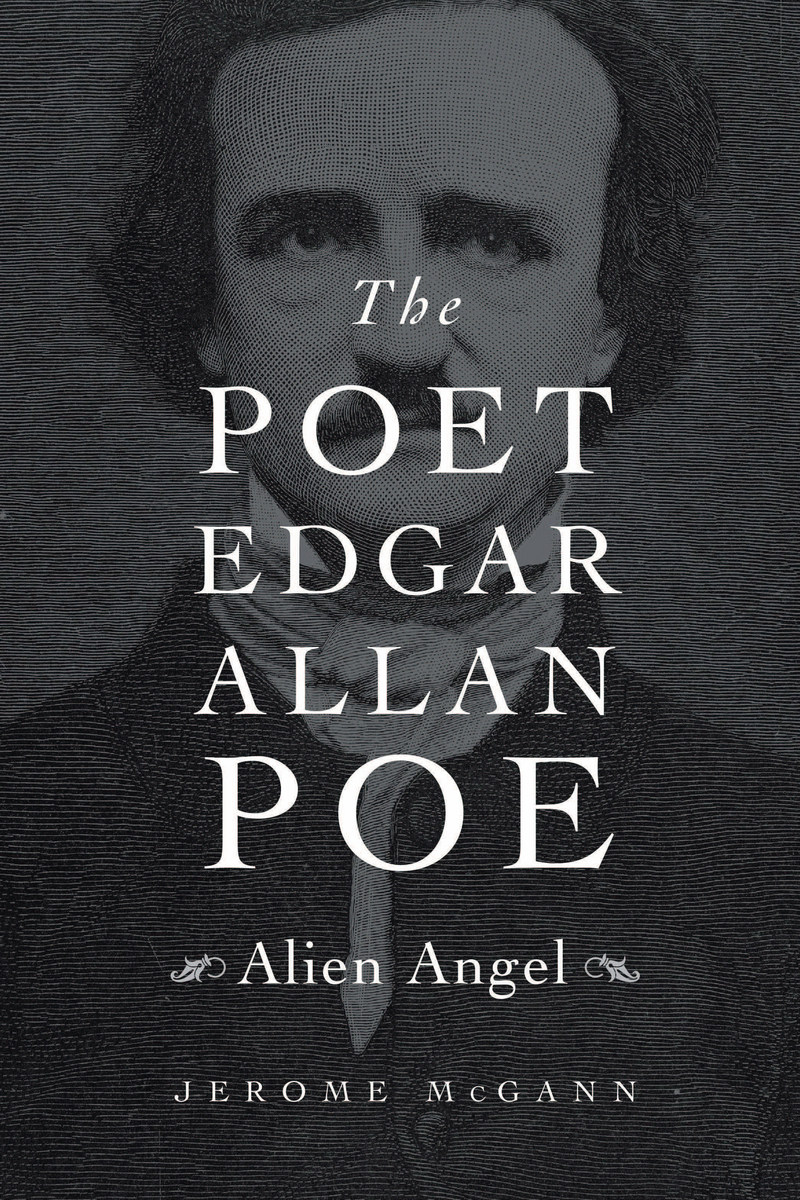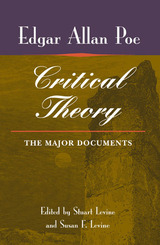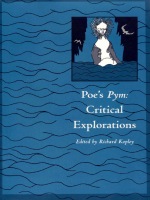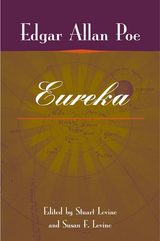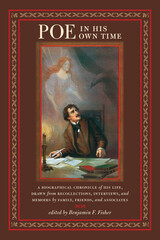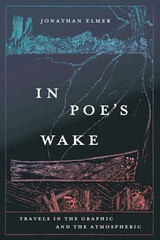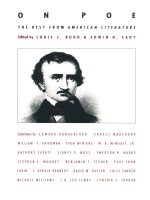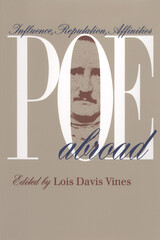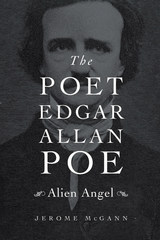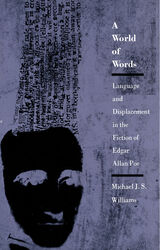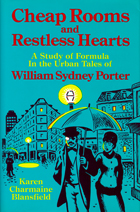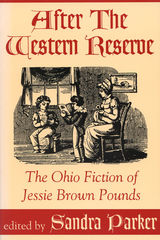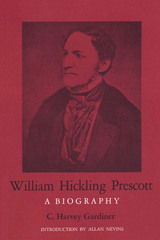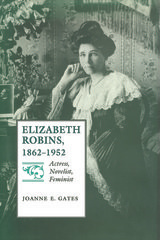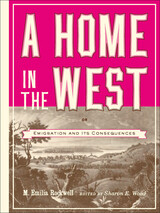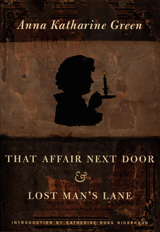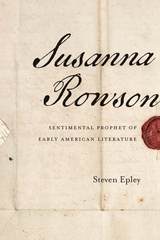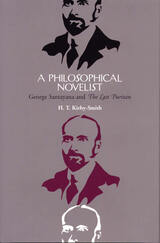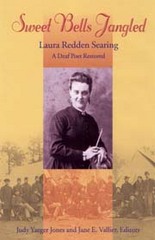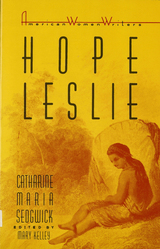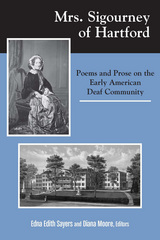McGann succeeds in forcing us to rethink Poe’s poetry… Poe’s sound experiments, especially his strange variations on meter, deserve, as McGann shows by citing numerous rhythmic anomalies, to be taken seriously… In an age of predominantly, and purposely, flat and prosaic ‘free verse,’ mnemonic patterning is perhaps re-emerging as the emblem of poetic power. In this sense, Poe is once again Our Contemporary… In making the case for the close link between the poetry and the aesthetic theory, [McGann] succeeds admirably: Poe’s reputation as poète maudit belies the fact that here was a poet who knew exactly what he was doing.
-- Marjorie Perloff Times Literary Supplement
McGann [wants] to set the record straight, right an imbalance and show why Poe deserves a place beside Whitman and Emily Dickinson, the venerated father and mother of American poetry. His marvelous short book combines old-fashioned ‘close reading’ with a capacious historical and theoretical sense of Poe’s place in American literature and mid-19th-century American culture… McGann’s basic thesis about Poe’s poems (he calls them ‘Poe-try’) and his remarks about individual gestures, lines, sounds and rhythms are constantly engaging. Readers who believe that God is in the details will find plenty to astonish them… By moving away from poetry’s expository and thematic features to its aesthetic and rhetorical ones, McGann has performed an important cultural and intellectual service.
-- Willard Spiegelman Wall Street Journal
The Poet Edgar Allan Poe: Alien Angel promises to save Poe’s poetry from [a] dire critical fate… [McGann’s] aim is ambitious: to give Poe’s poetry academic significance, to establish both its aesthetic appeal and its political relevance. As Edmund Wilson does in his appreciative essay ‘Poe at Home and Abroad,’ McGann figures Poe’s work as the suspension bridge across the chasm separating romanticism and modernism. He situates Poe’s work alongside and against the romantic poetry of Keats, Byron, Shelley, Wordsworth; evaluates Poe’s sonic influence on the writing of Rimbaud, Mallarmé, Baudelaire; and, expands upon Eliot’s essay ‘From Poe to Valéry’ to trace the influence of Poe’s critique of the romantic ‘I’ through symbolism into high modern elasticism, and then, into language poetry and the latest work of Charles Bernstein. He demonstrates Poe’s unquestionable impact on the way Americans thought about poetry and the way poetry thought about itself.
-- Ava Kofman Los Angeles Review of Books
Elegant… One of McGann’s greatest services is to introduce lay readers to Poe’s critical writings. He excerpts several longish selections from Poe’s correspondence and reviews as well as the Marginalia, sundry magazine pieces he authored between 1845 and 1849. What emerges is an Edgar Allan Poe who thought profoundly about poetry and literature and who was able, mostly, to express his ideas and theories in clear prose.
-- John S. Sledge Virginia Quarterly Review
McGann has set out to address and correct the problem of Poe’s poetry, and the result is a necessary volume not only for those compelled and beguiled by Poe but for anyone who understands the importance of poetic tradition and its umbilical to American imagination. This book is McGann’s deep-seeing riposte to those critics—Emerson, Yvor Winters, D. H. Lawrence, Harold Bloom, et al.—who have dismissed Poe’s aesthetics as by turns decadent and preposterous… Part of the large pleasure of McGann’s book is his contra-academic gift of phrase, his parsed insights into Poe’s ‘legend-laden life’ and the ‘angel of the odd’ suspended over his writing desk.
-- William Giraldi New Republic
In the process of clearing up so much of the critical fog that has enshrouded the poetry of Poe, McGann helps his readers understand how to read poetry more generally… McGann has demonstrated that Poe’s significance as a poet in his own time and as a major influence on the development of poetry for 150 years since makes him one of the two or three greatest American poets.
-- Harry Lee Poe Books & Culture
From a close reading of Poe’s rhetorical tropes and careful reconstructions of context, McGann draws out a much richer understanding of Poe’s perspective on art and life.
-- Scott McLemee Inside Higher Ed
[Shows] Poe as a consummate craftsman who daringly reimagined how poems invent meaning.
-- Kirkus Reviews
McGann persuasively defends Poe’s poetry against its many detractors, who have criticized the work as all ‘jingle’ (Ralph Waldo Emerson) and lacking in ‘intellectual content’ (Yvor Winters). Through close readings of Poe’s marginalia, reviews, and letters, as well as his essays on poetic composition, notably ‘The Poetic Principle,’ McGann shows how Poe worked out a sophisticated theory of poetics… It will certainly provide readers with a deeper appreciation of the writer’s achievements as a poet.
-- Publishers Weekly
McGann restores Poe to his foundational role for American, and 19th century, poetics. McGann’s breathtaking scholarship makes Poe’s work thrillingly present and hauntingly prescient. Only this and nothing more.
-- Charles Bernstein, University of Pennsylvania
The Poet Edgar Allan Poe is a landmark intervention that helps to explain why, among his antebellum contemporaries, Poe alone has remained a fixture of popular culture as well as a globally familiar icon of literary art.
-- J. Gerald Kennedy, editor of The Portable Edgar Allan Poe
